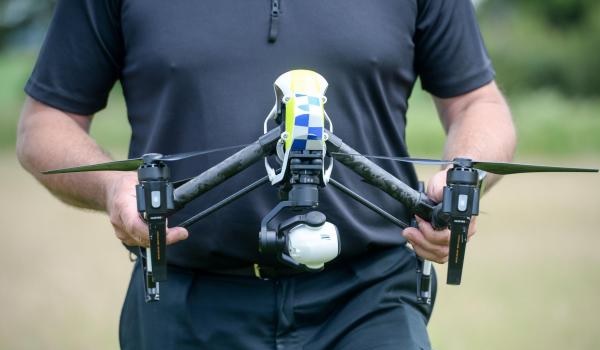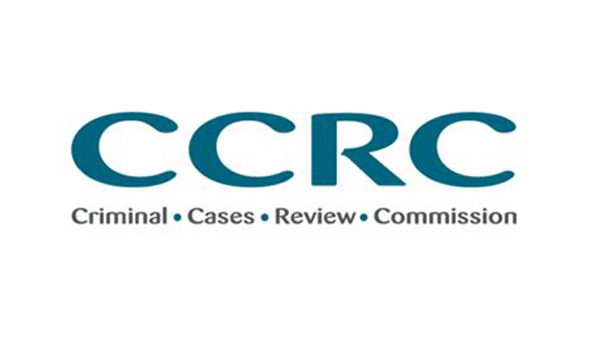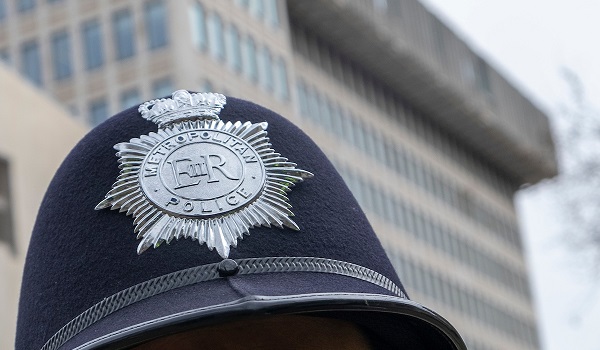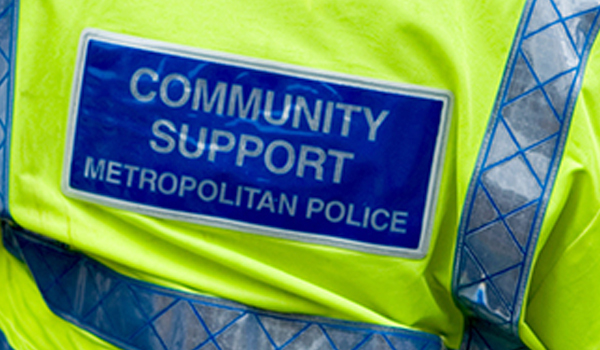Officers ‘justified’ in using PAVA during arrest
An independent investigation has concluded that officers’ use of PAVA spray during the arrest of two people acting violently was “justified and necessary”.
The Police Scotland officers had been called to a flat in Glasgow on May 2 following a report of a disturbance.
The 30-year-old householder refused to open the door and threatened the officers. As a result, they used a ‘police issue enforcer’ – manual battering ram – to force entry.
The householder became aggressive, lunged at the officers and attempted to strike and kick them. One of the officers drew his PAVA spray and issued a verbal warning before discharging it at the man, allowing the officers to gain control and arrest him.
At that point a 23-year-old woman attacked the officers, throwing glass bottles and crockery at them. Despite being given several verbal warnings she continued to act aggressively and officers discharged PAVA spray on two occasions at the woman, enabling them to arrest her.
Two other men were also found in the flat and were initially handcuffed to ensure officer safety. They were later released and advised to go home in accordance with Covid-19 lockdown guidance.
The 30-year-old man and 23-year-old woman were both reported to the Procurator Fiscal.
Police Scotland referred the incident to the Police Investigations and Review Commissioner (PIRC) on May 11. Its investigation concluded “the discharge of the PAVA spray was justified, proportionate and necessary to prevent further injury to the officers concerned and assist in bringing the incident to a safe conclusion”.
The investigation focused on the police use of PAVA spray in the context of the Covid-19 regulations. PIRC investigators obtained and reviewed statements from police witnesses, and also examined command and control incident logs, training records and force standard operating procedures. At the time of the incident the officers involved were trained and authorised to use PAVA and personal safety equipment, and investigators said they had “conducted themselves professionally and correctly”.
No recommendations were made by the PIRC.







